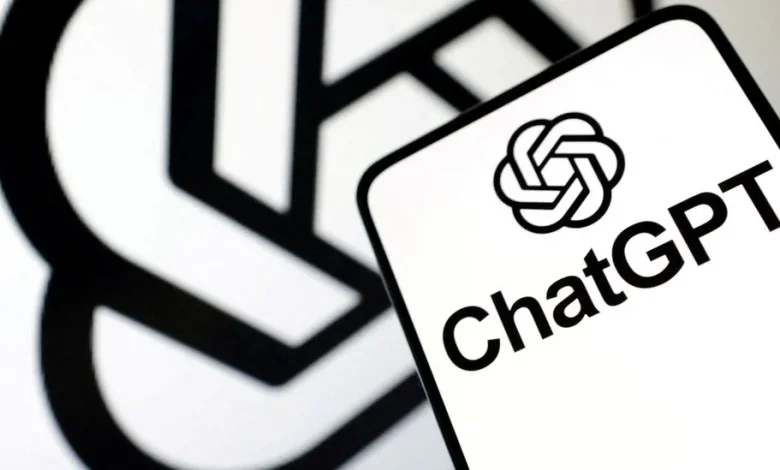US lawyer admits using AI for case research

In the ever-evolving landscape of legal practice, staying ahead is not just an advantage; it’s a necessity. Acknowledging this, many legal professionals are turning to innovative tools to streamline their research processes. One noteworthy development in the legal field is the integration of Artificial Intelligence (AI) into case research. In a recent revelation, a prominent US lawyer made headlines by openly admitting to utilizing AI, specifically ChatGPT, for enhanced case research.
Unraveling the Power of AI in Legal Research
Understanding ChatGPT’s Role
ChatGPT, powered by OpenAI, is not merely a language model; it’s a formidable tool that has proven its mettle in various domains, including the intricate world of law. Lawyers are leveraging ChatGPT to conduct exhaustive case research, draft legal documents, and even fine-tune their courtroom strategies.
Unprecedented Efficiency and Accuracy
One of the standout features of integrating AI into legal workflows is the unprecedented efficiency it brings. ChatGPT, with its vast database and intricate understanding of legal terminology, expedites research processes that would traditionally take hours or even days. The result is not just speed but accuracy, a crucial element in the legal profession.
The Implications of AI in Legal Practice
Redefining Legal Research Timelines
By incorporating AI, legal professionals can significantly compress the timelines associated with legal research. What used to be a time-consuming endeavor is now a streamlined process, allowing lawyers to allocate more time to strategizing and crafting compelling arguments.
Enhanced Precision in Legal Analysis
The precision with which ChatGPT navigates through vast legal databases is unparalleled. Lawyers can rely on the model to identify nuanced precedents, discern patterns in legal rulings, and provide insightful analyses that might elude even the most seasoned legal minds.
Addressing Concerns and Misconceptions
Ethical Considerations
The integration of AI in legal practice has raised ethical concerns, with skeptics questioning the reliability of AI-generated insights. However, it’s imperative to note that ChatGPT is a tool, not a replacement for human expertise. Lawyers still play a pivotal role in interpreting and contextualizing the information provided by AI.
Maintaining Client-Attorney Privilege
Concerns about the confidentiality of client information persist in the legal community. Lawyers utilizing AI, including ChatGPT, must adhere to stringent security protocols to ensure the sanctity of client-attorney privilege.
Embracing the Future: AI and Legal Collaboration
A Symbiotic Relationship
Rather than viewing AI as a threat to the legal profession, forward-thinking lawyers see it as a valuable ally. The symbiotic relationship between legal professionals and AI tools like ChatGPT is reshaping the landscape, fostering innovation, and ultimately benefiting clients.
Continuous Learning and Adaptation
The legal field, like AI itself, is dynamic. Embracing AI means committing to continuous learning and adaptation. Legal professionals who integrate AI into their practices find themselves better equipped to navigate the evolving complexities of the legal world.
Conclusion: Elevating Legal Practice with AI
In conclusion, the admission of a US lawyer using ChatGPT for case research signifies a paradigm shift in the legal profession. The integration of AI, when approached ethically and responsibly, stands to elevate legal practice to new heights. The efficiency, precision, and collaborative potential offered by AI are not threats but tools that empower legal professionals to deliver enhanced services to their clients.